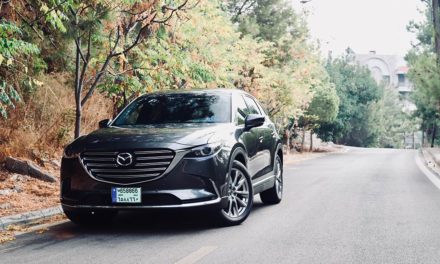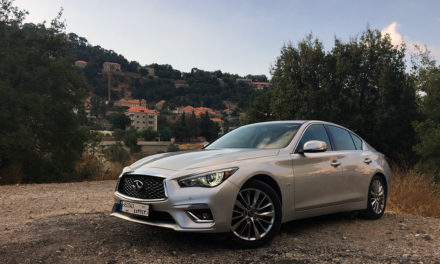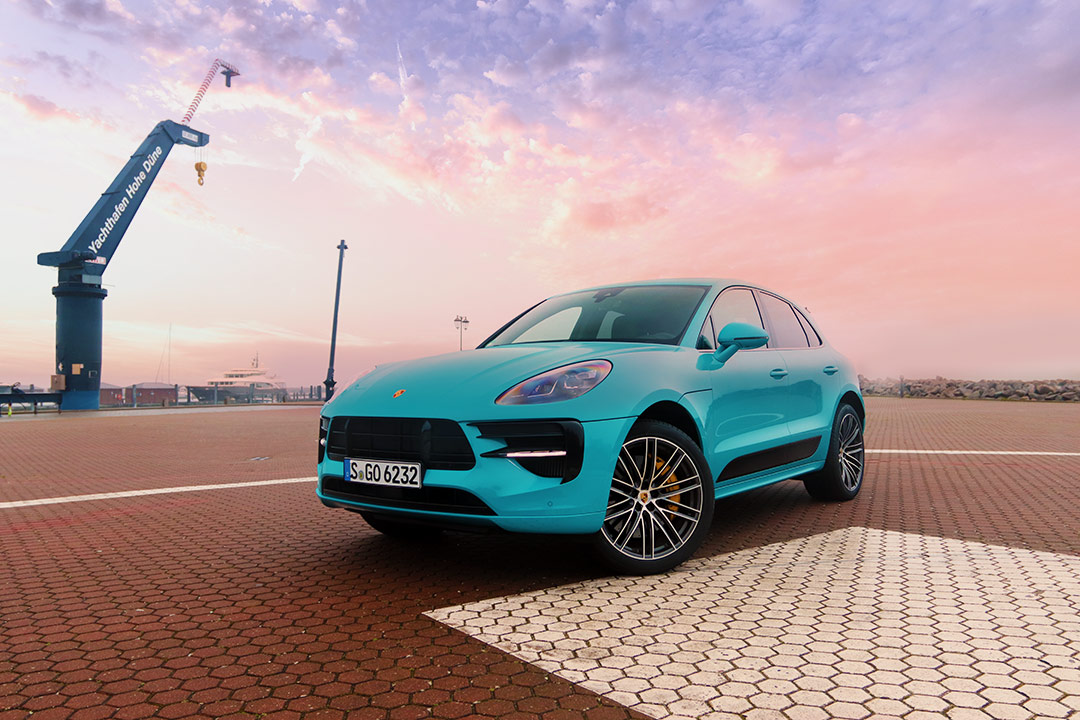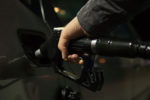Afew days ago, after arriving late to work because of traffic, which happened to be more congested than the usual ludicrous amount, I had an interesting conversation with one of my work colleagues, who is usually quite insightful. My friend suggested that if I, along with other motorists in the Lebanon, were to use public transportation, it would resolve the traffic crisis. The idea is certainly nothing novel, and in recent years we have been seeing an increased use of services such as Uber to travel. Moreover, the future appears to lean toward self-driving vehicles used as public transportation and, eventually, for the transport of cargo.
Theoretically, the idea is admirable and in an ideal world might even work. But we don’t live in an ideal world and the proposal, inspired as it may be, fails to account for anything except the upside, which includes alleviating road congestion and reining in emissions.

Both are noble goals, and both need to be resolved. But first we must ensure that the manner in which we solve one problem doesn’t create other, different problems.
Let me explain what I’m talking about. Imagine for a moment that no one in Lebanon drove a car – that’s right, not only can you picture it, but you also desperately want to.
The estimated 2 million private cars are gone, the roads are devoid of traffic, and all that remains are commercial vehicles and public transport, whether that means taxis, buses, trains or maybe even a metro system.
Sounds great, doesn’t it? It’s almost Utopian. Our chronic traffic problem would be resolved, we wouldn’t be producing emissions and we wouldn’t struggle to find parking spaces.
However, government revenues would take a hit because they can’t very well make you pay Customs, registration or value added tax, let alone inspection or mecanique fees, on cars that you’re not buying. Revenues from parking citations would also drop to zero, along with speeding fines (self-driving cars, taxis, buses and metros don’t speed). That decline in revenue would have to be compensated for, meaning – you guessed it – more taxes on citizens.


Sounds great, doesn’t it? It’s almost Utopian. Our chronic traffic problem would be resolved, we wouldn’t be producing emissions and we wouldn’t struggle to find parking spaces.
However, government revenues would take a hit because they can’t very well make you pay Customs, registration or value added tax, let alone inspection or mecanique fees, on cars that you’re not buying. Revenues from parking citations would also drop to zero, along with speeding fines (self-driving cars, taxis, buses and metros don’t speed). That decline in revenue would have to be compensated for, meaning – you guessed it – more taxes on citizens.
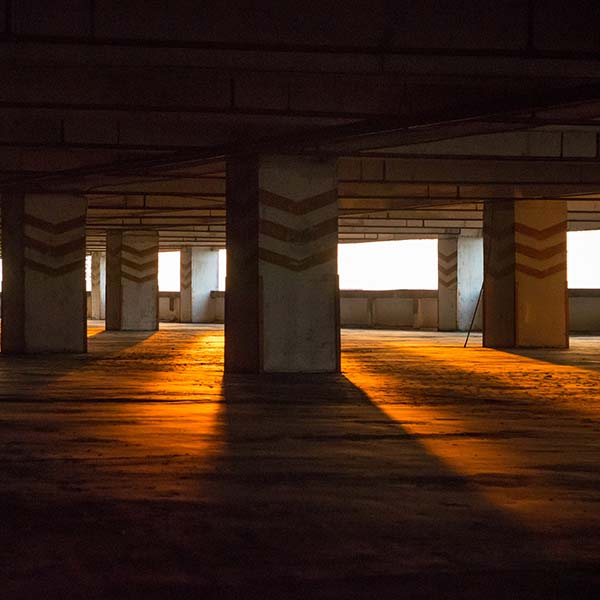
Also closing shop would be all the car dealers in the country, along with their subdealers and the satellite service centers. Spare parts businesses? Shut down. Body shops and mechanics? Gone. Tire sellers? They’d have to wait for protests and hope to sell their stock to demonstrators who want to block roads with burning tires. And oh, with these businesses shut down, the taxes they pay the government would also vanish.
As for public parking lots, after a brief spell swatting away flies, the owners will put up residential or commercial buildings instead, obviously without underground parking.

With only commercial vehicles and public transport occupying the roads, even car insurers would have to rethink their trade, and the vast majority of gas stations would have no customers.
Here’s something else you didn’t think of. Most people finance their new cars, and that financing translates to substantial profits for banks. If people stop buying cars, that would impact banks’ bottom line and, again, government revenue. Moreover, it would leave a ton of people jobless, seriously destabilize the country’s economy, and compromise citizens’ purchasing power (hello, taxes!).
With only commercial vehicles and public transport occupying the roads, even car insurers would have to rethink their trade, and the vast majority of gas stations would have no customers.
Here’s something else you didn’t think of. Most people finance their new cars, and that financing translates to substantial profits for banks. If people stop buying cars, that would impact banks’ bottom line and, again, government revenue. Moreover, it would leave a ton of people jobless, seriously destabilize the country’s economy, and compromise citizens’ purchasing power (hello, taxes!).


And if we’re honest, in the bigger scheme of things, tiny Lebanon’s contribution to greenhouse gases is so infinitesimal that it won’t make one iota of a difference how much we reduce our emissions. And if the entire world were to adopt a similar approach, you’d have a global economic meltdown on a scale no one’s seen before, what with car manufacturers closing shop along with factories, suppliers and sellers of raw materials.
International insurers and reinsurers would also see a marked decline in revenue, global banks would suffer and the world economy would be on the fritz.
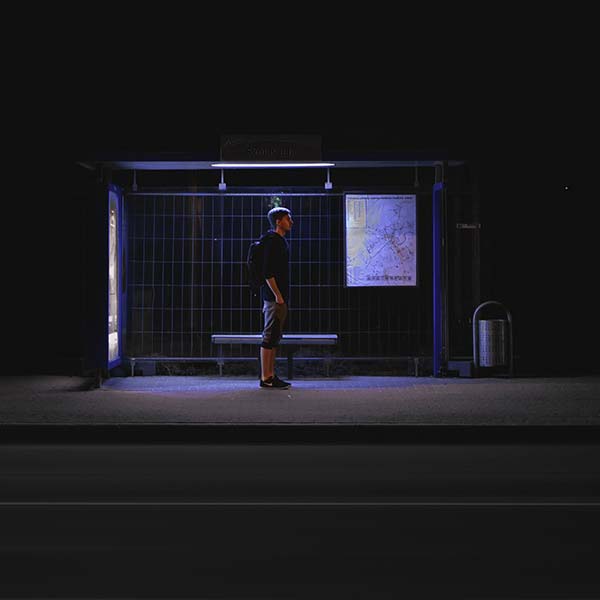
And to boot, the irony will be that you won’t care that traffic has been reduced because you’re not even driving a car. And then there’s also the obvious fact that you’ll be forced to structure your entire life around public transport schedules.
Did you really think a bus or metro would be waiting just for you, ready to go every time you showed up at the station or bus stop? And how exactly are you going to carry groceries for an entire family on the bus? And what if it’s raining?
Finally, there’s the problem that I and a sizable portion of Lebanon’s population share: I live nowhere in the vicinity of a bus or taxi route.
And to boot, the irony will be that you won’t care that traffic has been reduced because you’re not even driving a car. And then there’s also the obvious fact that you’ll be forced to structure your entire life around public transport schedules.
Did you really think a bus or metro would be waiting just for you, ready to go every time you showed up at the station or bus stop? And how exactly are you going to carry groceries for an entire family on the bus? And what if it’s raining?
Finally, there’s the problem that I and a sizable portion of Lebanon’s population share: I live nowhere in the vicinity of a bus or taxi route.

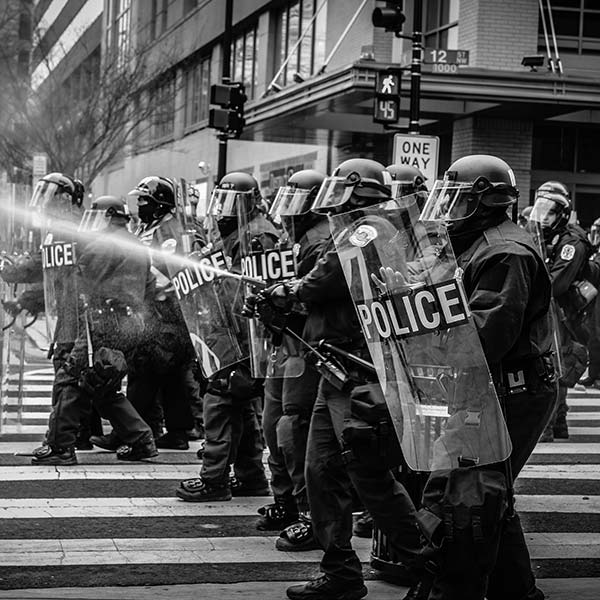
As I said, it all sounds like peaches and cream in theory, but when you consider all the consequences, the picture isn’t pretty. Of course, most of these problems could be avoided if only half the population were to completely forego cars while the rest enjoyed the fruits of their sacrifice.
I’d just like to know who among us is so selfless as to embrace a life of dependence, and inconvenience so the rest of the population could live in comfort and joy.


